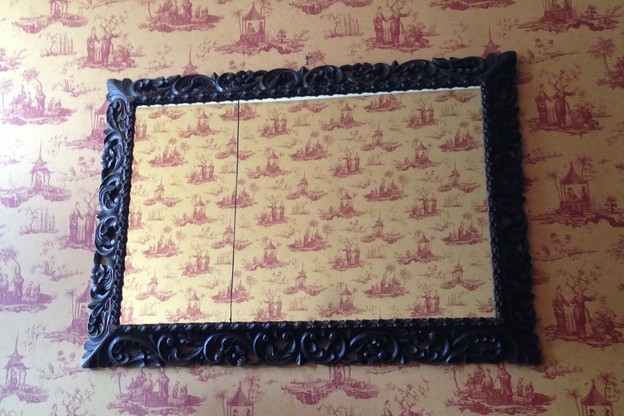Dead air
Sinéad Morrissey's 'Through the Square Window'

Fernand Braudel is a historian of globalization who works within and against a tradition of geography as the science of colonial and state power. Volume 1 of Braudel's The Mediterranean and the Mediterranean World in the Age of Philip II, first published in 1949, begins, in a deliberate gesture of departure, not with the eponymous sea and the plains around it but with the snow on the mountains. "Here we are far from the Mediterranean where orange trees blossom" (27), he writes, conjuring the tropes and conventions of "landscapism" in history as much as in poetry. "To tell the truth," Braudel continues, "the historian is not unlike the traveler. He tends to linger over the plain, which is the setting for the leading actors of the day, and does not seem to approach the high mountains near by" (29).
Irish poetries of place and landscape today share something with a Braudelian approach to geography and description. The places charted are not presented as already given, passively waiting to be imported into the poem, but as places that can only be revealed through redirections, misdirections, and attention to unpropitious agents, elements, events, or forms.
Sinéad Morrissey teaches poetry at Queen's University in Belfast, where she's also the inaugural poet laureate of the city. "Through the Square Window," from her 2009 collection of the same title, is set within an unsettling dream: the dead have arrived to wash the windows of her house. In tercets which can't help but recall Dante's terza rima, the collective dead are engaged in the endless, unfinished task of making themselves visible to the living.
Beyond this ceaseless activity, there are clouds above an unnamed Lough, which make the speaker advert to certain conventions of decorative landscape painting—in this case, Delft pottery: "the clouds above the Lough are stacked / like the clouds are stacked above Delft." Only when the dead leave does the poem find it possible to apply proper names to the landscape outside the window:
And then, as suddenly as they came, they go.
And there is a horizon
from which only the clouds stare in,
the massed canopies of Hazelbank,
the severed tip of the Strangford Peninsula,
and a density in the room I find it difficult to breathe in
until I wake, flat on my back with a cork
in my mouth, stopper-bottled, in fact,
like a herbalist's cure for dropsy.
As the dead recede, the gaze of the poem shortens and withdraws, from Hazelbank (across the Irish Sea) to Strangford Lough and the Ards Peninsula (east of Belfast) to the interior of the room. The gift of their departure is to transform the emblematic landscape, seen as Delft, into the historical landscape, seen as the distance between place-names in Northern Ireland and in England. The orientation of the poem's speaker changes to "landscape"—she is now "flat" on her back—and the landscape she has seen becomes inseparable from her. And this new, felt sense of geography has a "density," political, historical, or otherwise, that is not only unbreathable, but also unspeakable in the absence of the dead who fill it.
**
Braudel, Fernand. The Mediterranean and the Mediterranean World in the Age of Philip II. Trans. Siân Reynolds. Berkeley: U of California Press, 1996.
Morrissey, Sinéad. Throught the Square Window. Manchester: Carcanet Press, 2009.
Speculations: new Irish poetry